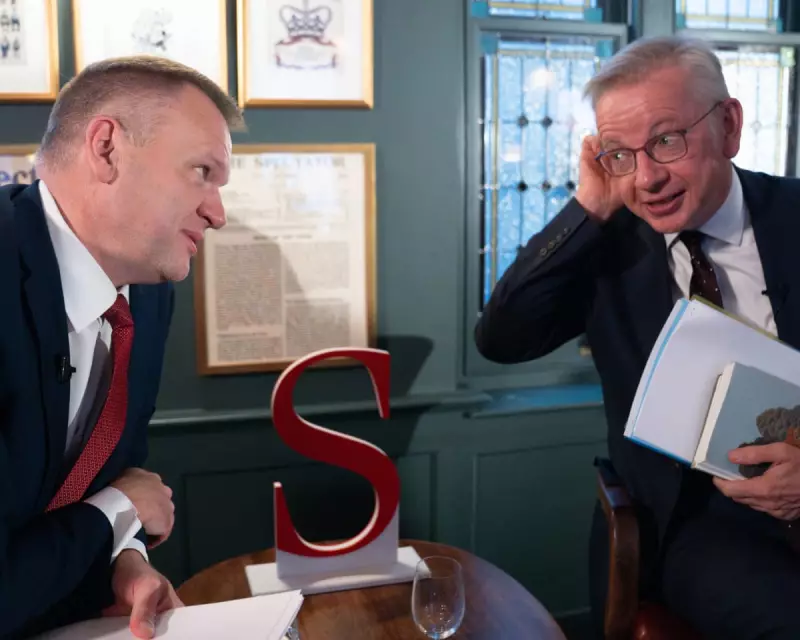
A remarkable political transformation is unfolding in Westminster as longstanding opponents of closer trading relationships with the European Union appear to be losing their voice. The once-vocal critics of alignment with EU regulations and market standards are notably softening their stance, signalling a potential breakthrough in post-Brexit economic cooperation.
The Changing Political Landscape
Senior government figures and influential backbenchers who previously championed a hard Brexit approach are now adopting a more pragmatic position. This shift comes amid growing evidence of the economic costs of divergence and increasing pressure from business leaders seeking stability and access to European markets.
Economic Realities Bite
The quiet revolution stems from compelling economic data showing British businesses struggling with trade barriers, customs delays, and regulatory complications. Manufacturing and financial services sectors have been particularly vocal about the need for closer alignment to maintain competitiveness and protect jobs.
Business Pressure Mounts
Major industry groups and corporate leaders have intensified their lobbying efforts, presenting ministers with detailed analyses showing the benefits of reduced trade friction. The Confederation of British Industry and Institute of Directors have been at the forefront, arguing that regulatory alignment could boost GDP growth and ease inflation pressures.
The European Response
Brussels has indicated willingness to negotiate improved trading terms, though officials emphasize that any access to the single market requires adherence to core regulations. European diplomats note the changing tone in London and express cautious optimism about reaching mutually beneficial agreements.
Political Implications
This shift creates both opportunities and challenges for Prime Minister and Cabinet ministers. While offering potential economic benefits, it risks alienating some Conservative backbenchers and could reshape the political landscape ahead of the next general election.
The changing discourse represents one of the most significant developments in UK-EU relations since the Brexit referendum, suggesting that economic pragmatism may finally be overcoming ideological divisions in British politics.





